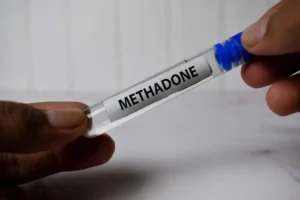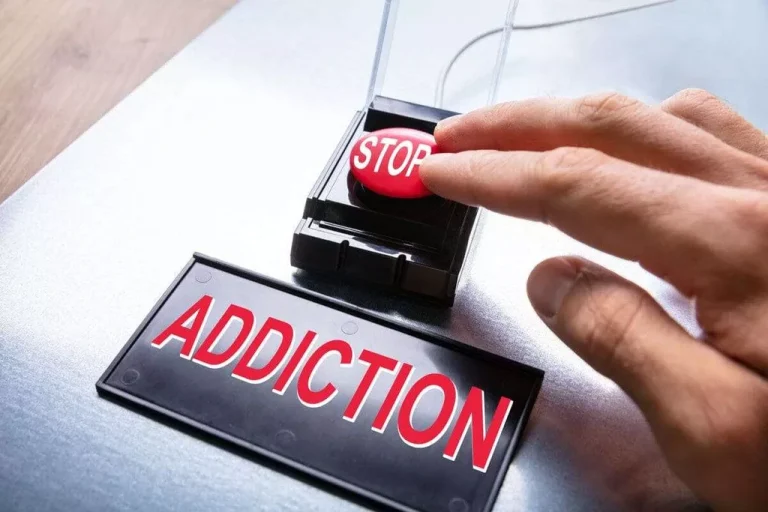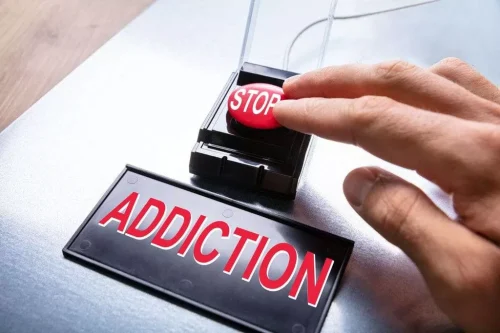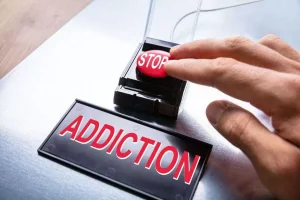
There is also the risk of accidental overdose, especially when people with addiction or dependence find themselves needing higher doses. Regardless of the cause, an overdose is a serious medical emergency that requires immediate intervention. Individuals with dependence (and not addiction) typically do not struggle to stop themselves from using substances.
Dependence and Substance Abuse
By learning how to identify and avoid triggers, as well as developing healthy ways to respond to them, individuals can reduce the risk of relapse and maintain their sobriety. In some cases, medications may be used to help manage withdrawal symptoms or cravings, but these are typically used in conjunction with therapy and support groups. These programs focus on helping individuals build a life free of dependence while addressing the root causes of substance use. The body becomes accustomed to the substance, and stopping or reducing its use leads to withdrawal symptoms. Eventually, the body becomes dependent on a substance, and when use is reduced or stopped, withdrawal symptoms arise.
- The specific interventions for addiction and dependence may vary depending on the individual and the severity of the condition.
- Against the backdrop of the presidential campaign, the prevention of substance abuse has recently become a politically charged issue.
- Physical dependence happens when the body adapts to the presence of a drug, to the point where its absence triggers withdrawal symptoms.
- Remember, seeking professional help and support is crucial in the journey towards recovery.
- These dual meanings have led to confusion and may have propagated current clinical practices related to under-treatment of pain, as physicians fear creating an ‘addiction’ by prescribing opioids.
Group Therapy Activities for Addiction Recovery
In such cases, the prescribing physician can promptly transition in the patient off of the medication and have them evaluated and treated for SUD. The leading source to diagnose and understand addiction comes from the Diagnostic and Statistical Manual of Mental Disorders (DSM). The DSM-IV defines dependence and abuse as two completely different disorders. For example, we have long been told that people need to hit “rock bottom” before they’ll get help, but this isn’t true. Anyone with an addiction can get https://ecosoberhouse.com/article/iv-drug-use-and-potential-complications/ help at any point if they feel it’s the right time.
- If you or anyone you know is undergoing a severe health crisis, call a doctor or 911 immediately.
- While dependence can be a component of addiction, not everyone who develops dependence on a substance has an addiction.
- Depending on the severity of the addiction, long-term treatment may be a good option, especially as many programs address the underlying emotional causes of one’s drug abuse.
- He is executive vice president and medical director of the Center on Addiction and Substance Abuse at Columbia University.
- The often euphoric effects of these substances can drive compulsive use, which in turn can lead to addiction.
Organizations That We Support
Recovery.com combines independent research with expert guidance on addiction and mental health treatment. Our mission is to help everyone find the best path to recovery through the most comprehensive, helpful network of treatment providers worldwide. These are less involved than partial hospitalization programs and typically take place at a treatment center or outpatient clinic. Clients receiving intensive outpatient treatment will usually visit the center 2 to 5 days per week for 2 to 4 hours per day. For example, substance abuse could involve a college student who uses drugs or alcohol regularly and takes these in excess — often mixed with other substances.
- These are not the same as the brain changes that cause tolerance or withdrawal.
- Dependence is a physiological state that develops when the body becomes used to the presence of a substance, leading to withdrawal symptoms if the drug is reduced or discontinued.
- Effective treatment should be tailored to the individual’s specific needs and may involve a combination of interventions.
- A person who develops a tolerance needs higher doses to achieve the same effect.

People with physical dependence may benefit from inpatient detox or rehab to ensure a safe and successful withdrawal, and anyone with an addiction should seek out addiction treatment. If you or a loved one is struggling with drug or alcohol dependence, reach out today to a treatment specialist to explore what treatment options are available. Effective communication between therapists and individuals undergoing addiction treatment is essential for the success of behavioral therapies. It not only enhances the therapeutic alliance but also facilitates a deeper understanding of the individual’s needs and challenges. By fostering open and honest communication, therapists can create a supportive environment for individuals to explore their behaviors, address underlying issues, and work towards sustainable recovery. Medication-assisted treatment (MAT) plays a vital role in managing substance use dependence, particularly for individuals with a physical dependency on certain substances like alcohol, nicotine, and opioids.
The Relationship Between Addiction and Dependence

Natural rewards like food, social connection, or achievement become dulled while substance-related cues trigger intense cravings. This neurological restructuring explains why individuals with addiction often lose interest in previously enjoyable activities. Unlike dependence, which affects primarily physical functions, addiction hijacks your brain’s pleasure addiction vs dependence centers, altering dopamine pathways and neural circuitry.

Use, Abuse, and Dependency: Understanding the Addiction Process
It’s a physical reliance on a substance, where the body has adapted to its presence and throws a tantrum (hello, withdrawal symptoms!) when deprived of it. Addiction, on the Alcoholics Anonymous other hand, is the unruly teenager of the family – rebellious, disruptive, and often wreaking havoc on one’s life despite the negative consequences. We know opioids, for example, can be highly addictive, and that addiction can develop quickly. They deliver a double punch — they don’t just increase the feel-good dopamine in the brain, but there’s also a need to take them consistently to avoid painful withdrawal symptoms.
What Is a Substance Use Disorder?
Our rehab in Midland, Texas frequently helps patients navigate the complex territory of prescribed medication dependence while maintaining their dignity and quality of life. Recovery from addiction often involves addressing underlying trauma, developing new coping mechanisms, and rebuilding life skills. Treatment plans must address physical vs. psychological addiction components for optimal recovery outcomes. Relationships strain under the weight of broken promises, financial stress, and trust issues.
